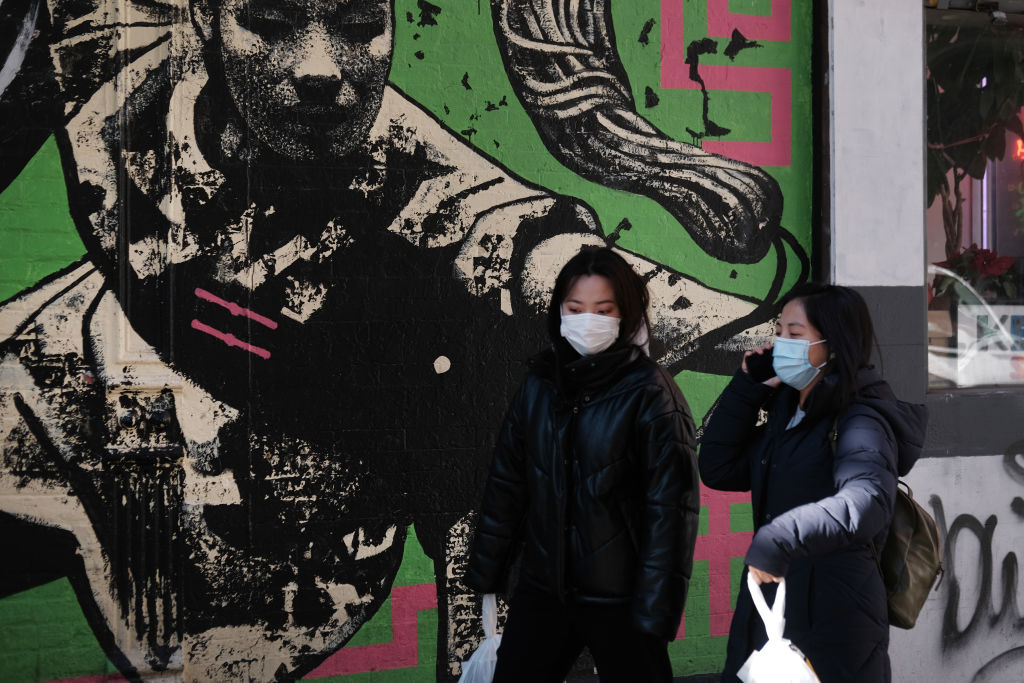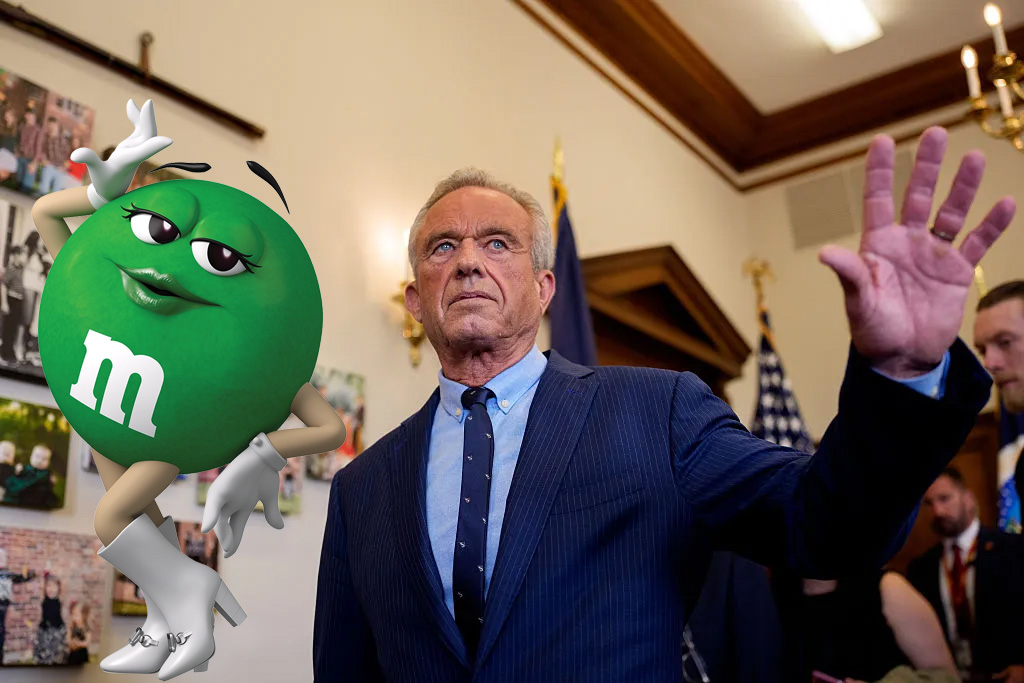It starts with seemingly insignificant numbers alongside little red blips on the world map. In a matter of days, the numbers soar and the red circles balloon to engulf an entire region. This pattern has repeated itself several times across the globe — notably in South Korea, Iran and Italy — as the number of confirmed cases of COVID-19 has surged since the virus first emerged in Wuhan back in December. Despite the Chinese economy coming to a grinding halt amid an unprecedented city-wide lockdown, the inevitable happened. The virus could not be contained within mainland China’s borders, and neither could its accompanying fear.
Coronavirus has spread perniciously, causing 4,716 deaths worldwide and radically transforming life as we know it. In the COVID-19 global sweepstakes, France, Spain, Germany and the US are perched ominously behind South Korea’s 7,869 confirmed cases with between 1,000 to 2,500 cases. We know that this latency will not last, because in the space of the last two-and-a-half weeks, Italy’s case incidence exploded from 132 cases on February 23 to 12,462 by March 12.
For the non numerically-inclined, the news reports should be sufficient to induce gripping anxiety and hopelessness. The tourist-packed piazzas of Rome are hauntingly vacant. The Italians have pliantly given up their cafe culture. The French have stopped greeting each other with cheek kisses. Store shelves from the UK to Australia are stripped bare of toilet paper. Cruise ships have become floating prisons on which the nightmarish plot of Resident Evil no longer seems far-fetched. Airplanes — the ones that still get to fly — take off with near-empty payloads. In the US, universities have transitioned to online courses, a beloved celebrity announced his coronavirus diagnosis and the NBA suspended its season. What’s clear is that the fear and uncertainty triggered by this pandemic will linger long enough to shape our collective psyche and social behaviors.
COVID-19 began as a zoonosis associated with the Wuhan seafood market where live wild animals were traded. Along the way, it acquired mutations that rendered it efficient at person-to-person (community) transmission. Highly infectious and capable of existing on surfaces for days, COVID-19 attacks our respiratory systems and wreaks havoc on our lungs; in the worst cases, it causes viral pneumonia and death.
For as long as humans have lived, we have been at the mercy of all kinds of infectious agents and pathogens. Our ancestors developed a suite of psychological mechanisms that enabled them to detect the presence of disease-carrying threats in their environment and to respond in ways that would distance themselves from contagious sources. It’s called the Behavioral Immune System (BIS), and it is responsible for guiding our instinct for disease-avoidance behaviors that act as the first line of defense against potentially devastating pathogens. Primed with the steady drip of COVID-19 news stories, our heightened BIS is likely to have myriad implications for how we approach the world and each other, our dating habits, and even our health. Lesser understood is the affect it may have on our political attitudes and thus the upcoming 2020 election.
For starters, pathogen cues have been shown to increase xenophobia and ethnocentrism, as interaction with exotic peoples tend to increase the risk of exposure to foreign parasites that pose severe threats to locally-adapted immune systems. History witnessed this most indelibly when the European settlers of the 15th century brought infectious diseases such as smallpox and measles to the New World, wiping out large swathes of indigenous populations within decades. The genomes of modern-day Native Americans still bear evidence of this influence on their immune systems.
Evidence of increased prejudice in the face of pandemics seems to be borne out by reports of Chinatowns across America becoming ghost towns and Chinese restaurants shuttering, though it’s hard to tell whether the business fallout is more from the general decrease in dining out activities. In a widely shared video, Rep. Alexandria Ocasio-Cortez from New York bemoaned that people are ‘not patroning [sic] Asian restaurants because of just straight-up racism around the coronavirus.’ But can we fault our BIS for using an imperfect heuristic, and one that might be operating subconsciously, to try to minimize exposure to people who have recently been to China or are likely to be in close contact with people who have? The longer the threat of COVID-19 is drawn out, the more salient conservative attitudes toward immigration policies become.
Broadly speaking, preferences toward social conservatism as characterized by a high degree of conformity, less openness and decreased promiscuity, are enhanced when people are primed to think about germs. The costs of both sexual promiscuity and social extraversion are relatively greater and more likely to outweigh any social benefits when individuals feel prone to infection. As a result, regularly-scheduled orgies along with non-sexual snuggle parties (thanks Obama), have all fallen by the wayside in favor of what the New York Post is calling ‘coronavirus and chill’ — shacking up with a single partner for a longer term.
When dealing with an absence of real knowledge about diseases, people tend to consult with their social circles in what psychologists call ‘social learning’, since the potential cost for trial-and-error or individual learning is high (or fatal). A greater conformity to group behavior and appeal to social obligation are perceived to be effective disease-avoidance strategies. One study showed that students who experienced higher perceived vulnerability to disease wound up conforming more to the majority view when evaluating abstract art drawings and self-rating as more conforming on questionnaires. In contrast, individualism, which is characterized by greater tolerance and even encouragement of deviation from the status quo, might not be an adaptive trait during periods of pandemic duress. So even for a freedom-loving society like the United States, viral outbreaks can make the population malleable to submitting to government authority and complying with social norms such as the newly-issued diktats to practice social distancing and adhere to strict hygiene standards.
During elevated pathogen threat levels, mating preferences are skewed toward higher attractiveness and better symmetry because these two physical traits are known evolutionary proxies for high-quality gene markers that confer fitness in a disease-ridden landscape. More remarkably, this even translates to voting preferences — in the face of contagion risk, people are more likely to elect a political candidate who is young and physically attractive (perhaps that makes Tulsi Gabbard the black swan candidate all along?). As more scientists and global leaders have implored the population to embrace the likelihood of a year-long protracted battle with COVID-19, the potential impact on the ballot box is decidedly intriguing. All three remaining presidential candidates are in the highest-risk age group, which means their chosen running mates are likely to wildly influence voting preferences. Coupled with the economic recession, the complete retooling of working life, and the impending referendum on our healthcare system and gig economy, the effect of the novel coronavirus on shaping our cultural psychology and politics shouldn’t be ignored.
This outbreak was a total game-changer. And we’re just about to see how it will all play out.


























